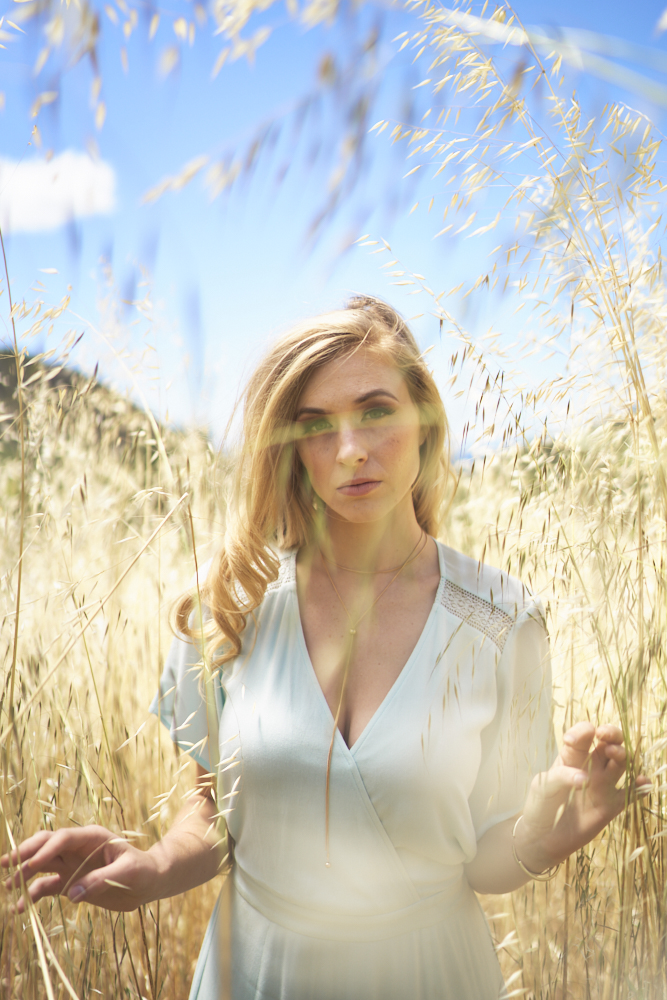Last Updated on 06/14/2017 by Chris Gampat
One of the things a lot of people don’t understand about portraits is this: when you’re photographing a person they are the absolute bigger priority in the image. Even in environmental portraiture, their environment is important but the primary object is still the person you’re photographing. For that reason, a whole lot of portrait photographers will shoot in aperture priority because all they care about is the depth of field in the scene. But honestly, there’s a whole lot more to it than just that. You should be exposing your scene based on your subject’s skin tones as a priority and everything else should be secondary. Luckily, modern cameras are so good that you can do just that.
Consider Your Framing of the Scene
Much of this has to do with your scene to begin with. So ask yourself: how much of the scene is the subject’s skin tones in? Of course, that also depends on your framing of the scene. The tighter you go, the more critical the skin tonality will obviously be. But the less their skin tones are in the scene, the more you’ll have to ensure that there aren’t a whole lot of other similar tones in the scene. Why? This can make editing pretty tough.
Consider Your Lighting Available

Shoot +1/3 to +1 EV
Personally, I always like to give skin tones and portraits a little bit more light than I really need to. The reason for this is because I can then edit and pull the details back in with ease. Consider situations like backlighting for example or even side lighting while in the cover of shadows. Brighter skin also sometimes looks healthier and hides flaws.
Ensure That the Skin Tones Stand on Their Own From the Rest of the Scene
Now here’s my last tip that will make things so much easier: ensure that the skin tones in the scene aren’t anywhere else. Of course, this isn’t always possible, but it’s a great idea to try to make it so through manual white balance and proper exposure settings. Otherwise, when it comes to working with something like the orange channel, red channel, etc., things will be much tougher.





